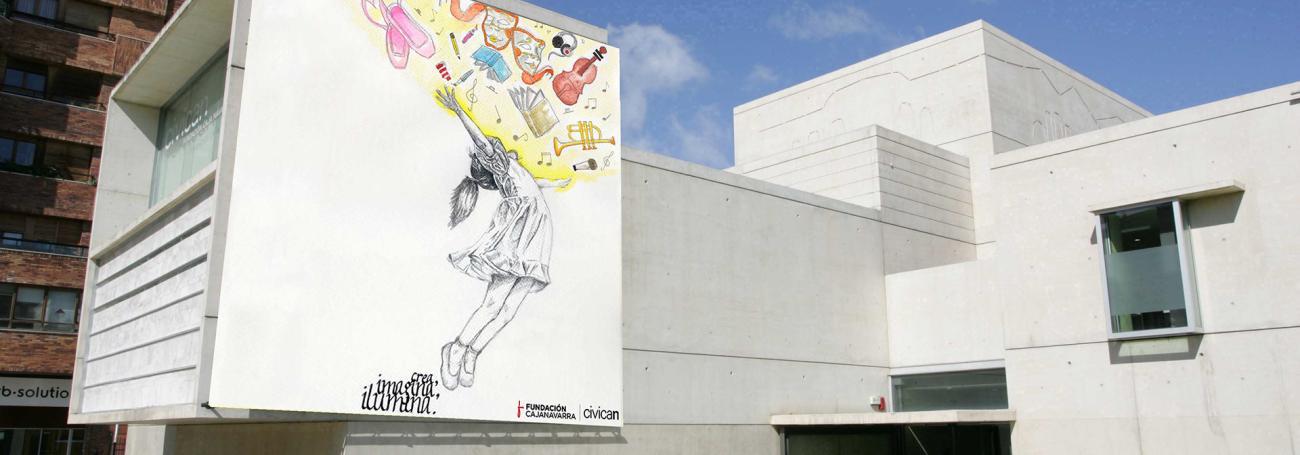Key themes and questions
The seminar will mostly focus on recent policy developments in the field of restorative justice (and related ones in criminal justice), at the regional, national and/or international levels, and how policy work and decisions have an impact on practice and research.
We especially welcome presentations and panel discussions from members of the “European Restorative Justice Policy Network”, members of the national networks “Restorative Justice Strategies for Change”, and members of the EFRJ Working Groups and Committees.
If you are not member of these networks and groups, we still encourage you to propose a workshop session dedicated to your work, main areas of interest, challenges and opportunities in the field of restorative justice.
Reflections and discussions can focus on practice developments, quality standards (for practice and training), legislation (regional, national and international), interagency cooperation (including relationship/ trust building with relevant stakeholders), awareness raising (with the public as well as with interested professionals), research (particularly data collection and evaluation), mostly within the criminal justice system (but other areas can also be explored).
The following questions may trigger some reflections in the parallel workshop sessions.
- Practice developments - Why does it matter to work at the policy level? How can policy influence practice? How can restorative justice values and practice principles influence governance models (in prisons, cities, schools, etc.)? How can we encourage a restorative culture within existing criminal justice systems? How to ensure that restorative justice becomes mainstream in all jurisdictions? How to design and implement a regional and/or national action plan for the development of restorative justice?
- Quality standards - How to be self-critical and still constructive about restorative justice work, also when challenges arise? How to define “success” in a restorative justice case and how to translate all outcomes (even when not successful) in policy strategies? How to encourage its use in specific settings (e.g. in cases of gender based violence, with child victims) and ensure high quality practice standards?
- Legislation - How can EU or other international policy instruments influence change at the regional, national and/or international level? How to put into practice policy documents? What challenges and opportunities do you experience with existing (or not existing) restorative justice legislation in your country? How would you imagine a potential European directive on restorative justice?
- Interagency cooperation - How to ensure more mutual support, connections and cooperation between policy work done at the regional, national and/or international level? How to encourage more sharing of experiences within the restorative justice field (practice, policy, research) and with other fields (such as victim support, prison, probation, urban security)? How to establish local partnerships (e.g. with the police, victim support, municipality, health services, research centres) to guarantee better responses to citizens’ needs of justice and security? How to establish dialogue with professionals and organisations showing resistance over the implementation of restorative justice in certain cases? How can the EFRJ support regional and/or national policy work and how can its members and partners support the EFRJ’s international policy work?
- Awareness raising – What strategies are in place to raise public awareness, and especially to inform policymakers, the judiciary, legal and social work professionals, about the benefits and challenges of restorative justice? How to foster cooperation with the media, and introduce restorative justice through the mainstream entertainment and communication channels (e.g. television, cinema, radio)? How to engage with participants (i.e. victims/ survivors and those responsible for the harm) to make their personal justice journeys known to the wider public?
- Research - How to propose, deliver and evaluate high quality restorative justice practices and training to increase better access to restorative justice services? What research methodologies exist to evaluate restorative justice services and provide evidence of the efficacy and efficiency of restorative justice? How to align quantitative and qualitative data collection of restorative justice cases to the methodologies used in criminal justice? How to measure the social impact of restorative justice to support policymaking and funding of services? How to translate research findings in advocacy strategies?


